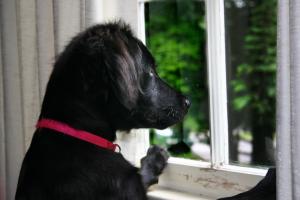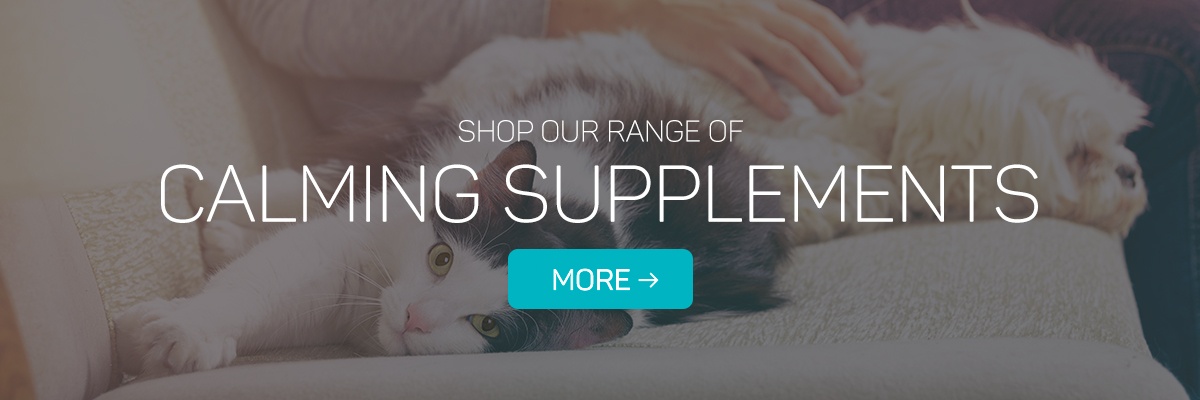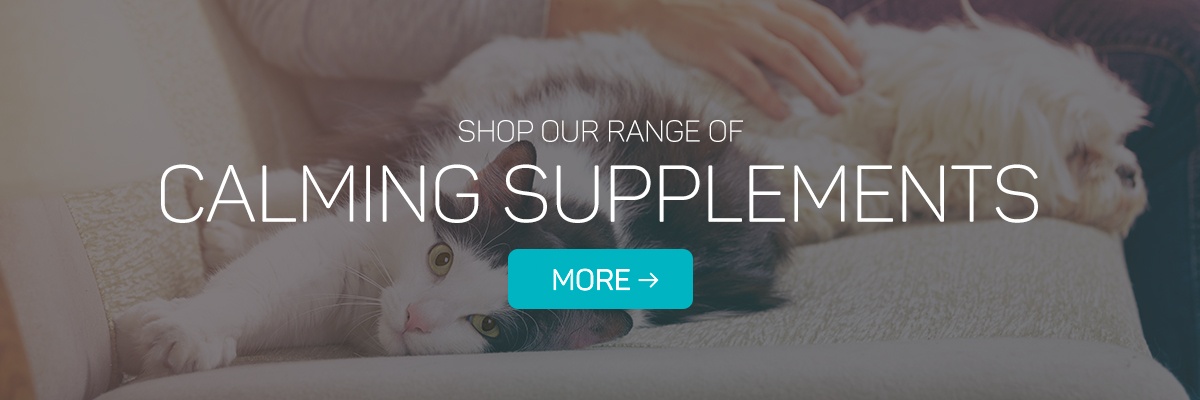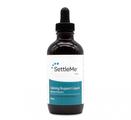With the Coronavirus crisis forcing us to spend significantly more time at home, for our pets, it’s probably felt like all their Christmases have come at once! Whether we’ve been working from home or self-isolating, they’ve had us with them for whole days at a time, rarely venturing beyond the four walls of our homes.
So, when normal life resumes and we gradually start spending more time away from them, how will they cope with the change in company and routine?
For the majority of pets that spent short periods alone before the crisis began, adapting back to this way of life shouldn’t prove too disruptive. While they may miss us at first, they’ve experienced separation before, so facing it again should hopefully go without a hitch.
But for others, the sudden change may lead to anxiety, which is why it’s important to make these changes gradually, and take tiny steps now to help them adjust when the time comes.
- Now we’re allowed to spend more time outside, start venturing out every so often and leaving your pet at home. Maybe get ready in the usual way, as if you were going back to the office, and then increase the time you spend away. You want to build up your pet’s tolerance slowly, so your absence comes as less of a shock. Simply stepping into another room for a few minutes and closing the day may be enough, so long as your dog remains relaxed.
- When you’re at home, your pet will probably want your undivided attention all day, every day. And it can sometimes be easy to give it to them. But don’t forget, it’s okay to ignore them sometimes too. In fact, it’s important that you do, in order to teach them confidence and independence. Make sure they have their own quiet space to retreat to and encourage them to use it, for example, when you’re busy or needing time out.
- Keep feeding times the same, as much as possible. If you’ve been feeding your pet at slightly odd times while you’ve been at home, try to revert back to the old routines you had before lockdown. It’s important your pet gets used to mealtimes fitting around your normal schedule again.
- Having your humans home all day can be tiring work, especially for pets that are used to getting some shut-eye when you’re away at work. Allocate some ‘quiet time’ during the day when you stop playing and step into another room. If your pet follows you, try to ignore them, as this teaches them it’s boring to follow! Eventually they will take this as a cue and settle down for a rest.
- When you do leave the house, some people find that putting the radio or television on helps their pet to stay relaxed. Likewise, leaving some toys out and hiding a few treats can provide a great distraction. Every dog is different and it may take some trial and error before your pet properly relaxes and accepts your temporary absence.
- Calmers can also be really useful, so if you envisage spending more time away from home in the near future, it may be worth starting them now, to give your pet a head start. SettleMe Support Chews & Liquid are helpful in supporting calm behaviour and in reducing anxiety, stress-related behaviours and over-activity. They can be given in the long and short term, depending on your pet's anxiety level.
Ultimately, if you rush the reintroduction of normal life to your pet, you will probably have a far less positive experience than if you do so gradually and at a pace your pet is comfortable with. You may feel frustrated and like you’re back to square one with their training, but the slower pace will help acclimatise your pet, making separation less of a scary prospect.
If you have any questions or need advice, feel free to get in touch! [email protected]
Written by: Hannah











